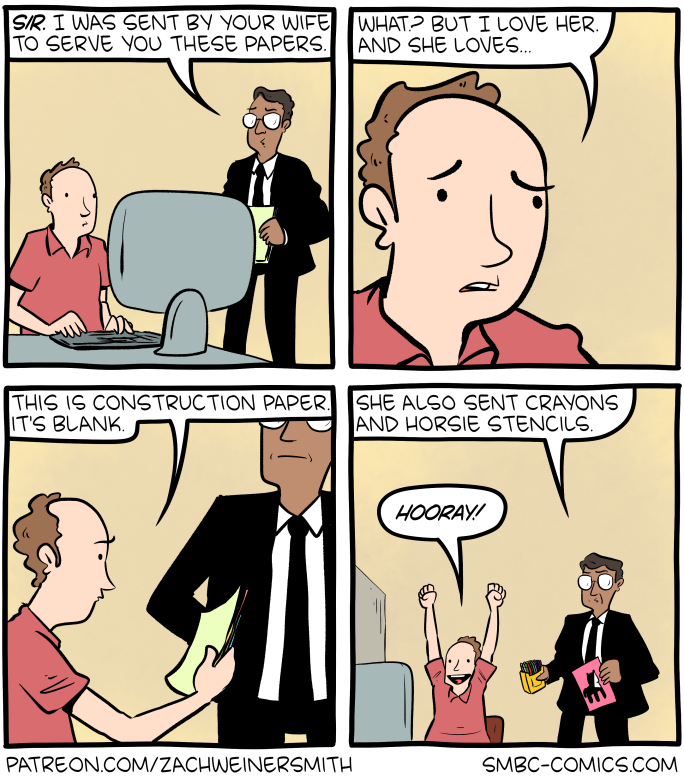Just a two hour’s drive from the ever-bustling and expanding sprawl of Mumbai—India’s second city—the Sahyadris Hills unfold with a cooler and less humid climate. For decades now, the region—also noted for its ancient forts and Buddhist caves—has been a popular weekend destination for city-dwellers in search of respite but, like the dense and crowded urban cores they’re escaping, it has also succumbed to rampant and unregulated development. Ironically, much of the natural beauty here has fallen victim to its fame. Such is the unfortunate fate of many sought-after resort areas in favorable proximity to a major city or conurbation.
Looking to maintain what is left of the verdant landscape and make it available to guests in a more responsible way is the recently completed Radisson Resort and Spa Lonavala.
Replete with several distinctive restaurants, events venues, and other premium amenities, the retreat embeds into its ‘hill station’ surroundings through its innovative architectural massing, materiality, and the implementation of climate-specific strategies inspired by the local architectural vernacular. The decidedly Brutalist yet emphatically site-responsive complex is a far cry from the antiseptic chain hotels that often feel out-of-place and inauthentic.
“The sense of open space of connecting to nature is contested by the building forms that emerge through the prescribed structural codes and densities,” says Kamal Malik, the founder the eponymously named, Mumbai-based firm responsible for the hotel’s design “The architecture emerges from the site, topography, from the region’s material history—black basalt and wood—and adapts to both flexible and fixed—public and private—programs.”
Malik Architecture’s comprehensive intervention incorporates reinterpreted architectural archetypes from the region: courtyards, verandahs, deep-shading, thick walls, and cross-ventilation. The main focus however is the surrounding nature. Monumental volumes give way to soaring apertures visible for numerous semi-indoor and semi-outdoor vantage points. All together, the scheme accommodates optimal natural ventilation, safeguards against heavy rain during Monsoon season, and protects against harsh sun rays.
Suites come with adjoining patios enclosed by operable slatted shading walls. The guest rooms occupy abstract-form buildings hovering above the ground. Shafts of natural light slice across these angular volumes and illuminate atriums that appear between.
“The feeling of a multi-storey building has been avoided by developing the ground as organic, free form public spaces with split level topographical connections,” Malik adds. “Extant forms—bastions and Large masonry walls—stepped courts, otherwise known as kunds—animate the built landscape.”
A rich earth tone palette, defined by many of the same substrate materials as the exterior, makes its way into the interiors but doesn’t overpower as the main attraction remains the carefully framed natural setting outside. There’s no superfluous decoration, just a sober deployment of ornamentation hinting at the local Maratha culture. Spacious guest rooms and suites are pared back with a calming modernist aesthetic only interrupted by fluted tambour-pattern feature walls and traditional carpets denoting the placement of beds.
Alongside numerous sports facilities including everything from a fully-equipped fitness center and steam room to archery and badminton fields, Radisson Resort and Spa Lonavala’s dining options include the quintessential Indian style Hirkani—with stations that allow guest to watch their food being prepared—and a series of pop-up haunts. Malhari is the go-to cocktail bar. The historic Tungarli Village situates right out the resort.
What: Radisson Resort and Spa Lonavala
Where: Lonavala, India
How much: Rooms starting at $137
Design draws: A site responsible destination embedded within the popular getaway Sahyadris region of western India with materiality, proportions, cuisine, and activities programmed in honor of the verdant nature in the immediate surroundings.
Go virtually on vacation with more design destinations right here.
Photography courtesy of Radisson Resort and Spa.






























